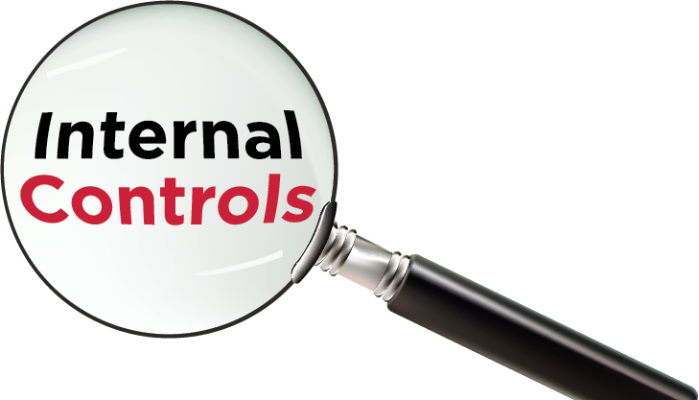No matter the size of the company or how employees are paid, internal controls are a necessity. Here are my suggestions for payroll-related internal controls that can protect you and your data.
Separation of duties. With payroll, a separation of duties is a necessity both to lessen the likelihood of potential fraud and to catch unintended errors. For example, HR may be responsible for setting up new employee information, assigning the wage rate and creating the work schedule. Payroll staff will be responsible for inputting the payroll data and the processing of paychecks. In smaller companies where there might be a smaller staff, a business owner or trusted manager should oversee the payroll process from start to finish.
Change authorizations. Any changes in an employee’s status (address, withholding allowance, deductions, etc.) should not be processed until the employee submits a written, signed request for the company to do so. The same control applies to pay rate changes, work schedule changes, overtime, etc. A written, signed authorization by a manager should be required before implementing the change.
Check payment controls. Many employees now opt for direct deposit; however, there may be the occasion when actual checks need to be processed. Always hand “live” checks directly to the employee. This may help prevent a type of fraud where a payroll staff member might be tempted to create a check for a ghost employee and then pockets the check.
Internal payroll audits. Businesses should make a standard practice of routinely performing periodic internal payroll audits. This may deter a dishonest employee from creating a system to defraud their employer. It might also assist in uncovering unintentional errors that, if allowed to continue unchecked, could result in substantial penalties from regulatory entities such as the IRS, the Department of Labor and state employment departments.
————-
Lisa Galletti is the Payroll Ace/owner of LMG Payroll Services. She lives with her husband and son in rural northern California. After two decades as a payroll specialist, she still loves “all things payroll” and feels it’s the most important part of accounting!
Thanks for reading CPA Practice Advisor!
Subscribe Already registered? Log In
Need more information? Read the FAQs
Tags: Payroll





